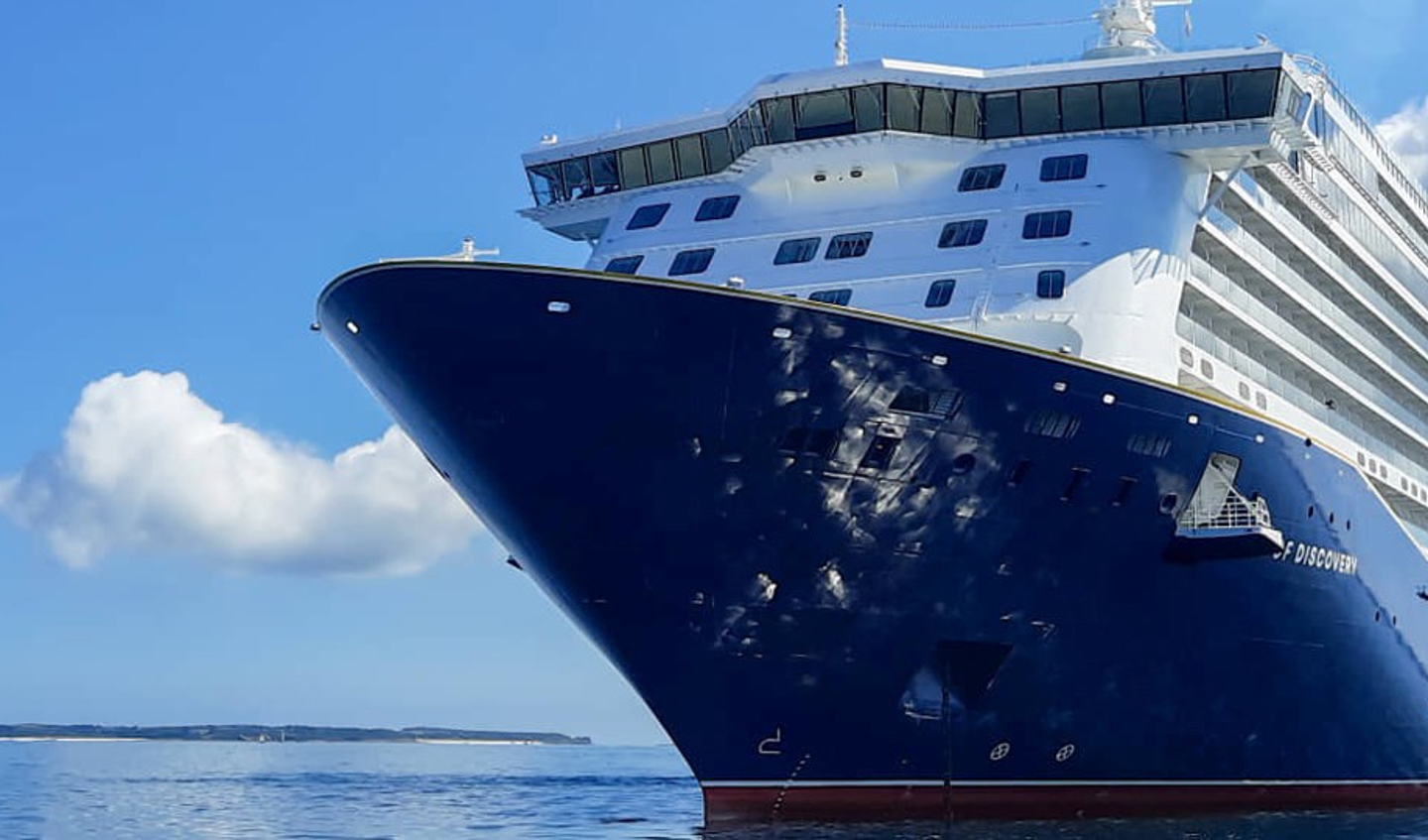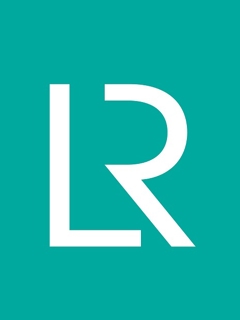At the beginning of the COVID‑19 pandemic, it was clear that a safe return to sea for cruise and passenger ships would necessitate the introduction of vigorous and robust testing of onboard, and in some cases off‑board, processes. Procedures that would push the envelope beyond just safety compliance and require very practical solutions.
Over the last 12 months or so, LR SHIELD and SHIELD+ has been fully implemented by a number of leading cruise ship operators and feedback has been universally positive. SHIELD is playing a significant role in getting the cruise sector back to business post COVID‑19 by helping to reduce and mitigate risks.
Passenger health safety is paramount to keep ships sailing and continued vigilance to emerging threats is key to limiting the impact on business and the associated loss of business. Just as importantly, cruise ships need to make sure that their passenger and crew health procedures address all the of developing and varying requirements of the world’s various public health authorities and operational regulatory organisations (World Health Organization (WHO), U.S. Centres for Disease Control and Prevention (CDC), European Maritime Safety Agency (EMSA), UK Chamber of Shipping). These authorities and organisations can prevent ships from sailing in their waters unless they comply in full. SHIELD has been developed to address this complexity so that cruise operators don’t have to.
How does SHIELD work?
It starts with an LR subject matter expert review of company submitted protocols, technologies and solutions, followed by a two‑day interactive workshop where our experts help our clients to interrogate their own procedures across six areas.
Policy – are there appropriate processes are in place for effective passenger/crowd management and crisis management during times of heightened levels of risk.
Medical – are there sufficient practices, procedures and equipment in place to monitor passengers and crew for infectious diseases such as COVID‑19, its variants, Norovirus, Legionnaires, their vaccination status and to prevent and respond to identified health issues.
Food – we review everything from galley design to food preparation, dining room configurations, and whether alternatives to buffets for example are a better way of preventing or controlling infections from spreading.
Water – we discuss how to minimise the risk of any contact or water‑borne infection for everything from pools and spas, to drinking fountains and ice makers.
Ventilation – are there procedures and technologies in place to improve air quality in all areas including communal places and cabins in particular?
Accommodation – are there sufficient handwashing and sanitation stations and practices, signage and communication, or crowd management tracking?
This workshop results in a list of next steps in preparation for a shipboard visit(s) and culminating in a SHIELD notation or statement of fact. This is followed by a report and a document review where our SHIELD recommendations are made. More importantly, this collaborative session offers an opportunity to explore those existing policy or health safety measures requiring further development. This is a robust assessment. Should our technical experts not be entirely happy about certain aspects of policy, operators will be asked to resubmit a revised policy and/or a modified manual. Some companies have invited our teams back multiple times onto their ships to monitor improvements across all six categories during dry runs without passengers.
The industry is back because LR SHIELD+ is working
We know SHIELD is working from the positive feedback we’ve received from our clients. We’ve had reports from companies of all types:
Larger operators with bigger capacity ships very happy with the protocols and solutions put in place as part of the SHIELD support.
Smaller carriers with lower capacity ships telling us they’ve extended their passenger health regime to include vaccination and flow‑testing of passengers 14 days before boarding, to home pick‑up with trained drivers, and multiple checkpoints in terminals and onboard.
- A UK company with two ships back in service, likely to be ‘the first cruise
- A US-based cruise operator is currently operating in the UK using SHIELD principles.
- Operators partnering with medical professionals onboard and onshore at the destinations they arrive at in line with their wider responsibilities to communities everywhere.
Today more than ever, the need to adhere to regulatory guidance and to demonstrate the highest standards of health, safety, and environmental protection for both passengers and crew is critical.
For the cruise industry – already so challenged by COVID‑19 – this can help mitigate health risks and also restore passenger, crew, and public confidence and, in turn, plays an important role in helping to promote operators’ ongoing commercial success.
Here at LR, we’re working with owners around the world to ensure they can showcase their commitment to health safety and confidently re‑welcome people onboard.







